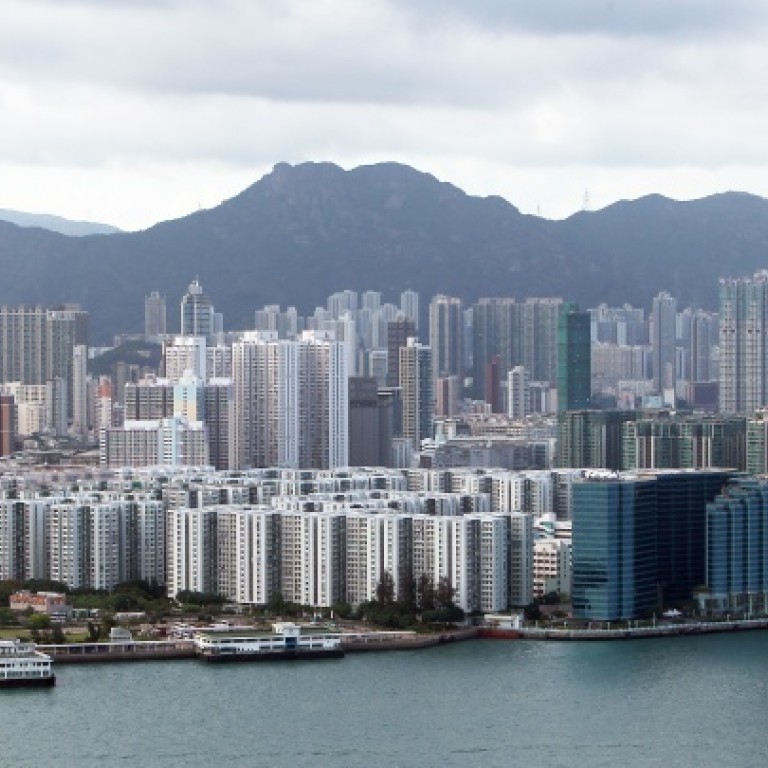
Outside Hong Kong's malls, its hills beckon
Amy Wu says sophisticates who love Hong Kong for its city pleasures may just as easily delight in its accessible outdoors. How special is that?
I stood on the top of the Lion Rock hill speechless. Here was another Hong Kong, a side of the city I had never before seen in my six years here. About 1,700 feet above sea level was an eagle's view of the residential complexes sandwiched between Kowloon Tong and Tai Wai.
I was surrounded by a landscape of bamboo and palm trees, a monkey on my left and a beautifully intricate spider's web on my right. The excursion was a reminder to me of how easy it is to live in a city, and not really appreciate its uniqueness unless one steps outside the box.
I am almost embarrassed to admit that my time in Hong Kong has often been defined by dim sum and shopping malls, and most of that within the confines of my own neighbourhood. I became caught up in the hustle and bustle of daily life, not really seeing or appreciating the uniqueness of the city.
When friends visited I would take them - once again - to the obvious places: The Peak, for a Star Ferry ride, on a tram, to Stanley and Ocean Park.
Hong Kong is indeed not everyone's cup of tea, especially for non-urbanites. Even people who love this city can easily find things to dislike - the air quality, dense crowds, the stifling heat and humidity in summer, and, in recent years, the complexities, frustrations and anxieties related to Hong Kong's identity as a special administrative region.
But with all the recent news of the bombings in the US, and the threat of lethal viruses such as the H7N9 from across the border, Hong Kong remains a relatively safe haven.
A month before I head back to the US to pursue further studies, I found myself drawing up a "Top 10 Reasons Why I Love Hong Kong" list, starting with the excellent and cheap public transport, the relatively inexpensive taxis, the cleanliness, the low taxes and the food. And as my grandmother always says, it is hard to get too depressed in Hong Kong as there is always a ready view of neighbours' apartments or the skyline.
According to the Economist Intelligence Unit, Hong Kong is the 10th best place for a baby to be born in, in 2013. The US is a paltry 16th. Geography, crime and the public health system were factors in the ranking; Hong Kong and Singapore were the only Asian cities in the top 10.
As exciting as the mainland can be, with its fast-growing cities and money-making potential, I always felt that I could finally exhale whenever I crossed the border back to Hong Kong. In the grand scheme, there aren't too many world cities that offer safety with a blend of spark, spunk and messiness. Tokyo and Singapore are just too squeaky clean.
So maybe Hong Kong could sell itself on being a safe haven? It would certainly be a strong selling point for a world-class city, and within the Asia-Pacific region.
As I stole one more glance at the view from the top of the Lion Rock hill, I told my friend that I wished I had found it sooner. I took one last photo of the landscape of sea, sky and the sliver of the old airport, and found myself wondering what other hidden treasures were out there. Hong Kong has so many faces and facets that for me, it felt like a lost opportunity.

